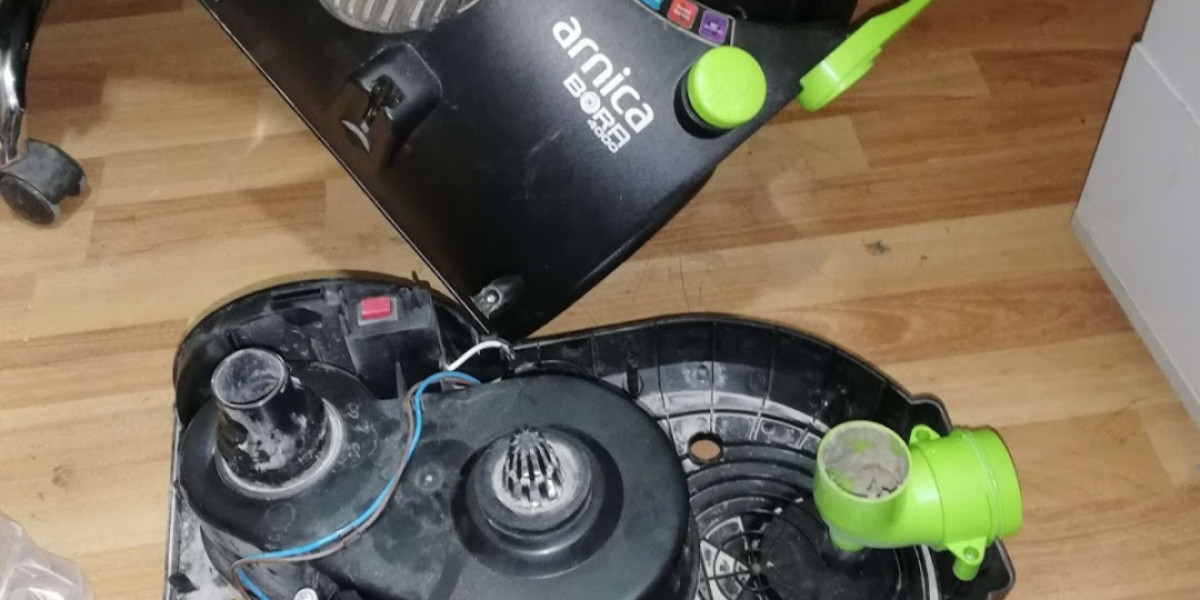Understanding Your IVF Journey: The Initial Consultation
The first IVF consultation serves as a comprehensive assessment of your fertility status, offering a personalized approach to treatment. It's an opportunity for you and your doctor to establish trust, ask questions, and create a plan tailored to your specific needs. The consultation generally covers several key areas:
Medical History Review: Your fertility specialist will ask about your reproductive history, including past pregnancies, miscarriages, menstrual cycles, and any previous fertility treatments you’ve undergone. This step helps in identifying potential factors that may be contributing to infertility, such as polycystic ovary syndrome (PCOS), endometriosis, or blocked fallopian tubes. Additionally, your doctor may ask about your partner's reproductive health if applicable, as male infertility can also play a role in the treatment plan.
Health and Lifestyle Discussion: During the consultation, your doctor may inquire about your overall health and lifestyle, including any chronic medical conditions, medications, and lifestyle habits such as smoking, alcohol use, or exercise routines. These factors can impact fertility and the success of IVF, so your specialist may recommend changes to optimize your chances of conception.
Diagnostic Tests and Examinations: To gather a clearer picture of your fertility status, your doctor will likely order diagnostic tests. These may include blood tests to check hormone levels (e.g., AMH and FSH) and ultrasound scans to evaluate ovarian reserves and the condition of your reproductive organs. In some cases, additional tests like hysterosalpingography (HSG) may be performed to assess the fallopian tubes and uterus. For male partners, a semen analysis is usually requested to evaluate sperm count, motility, and morphology.
IVF Process: What to Expect
Once your fertility specialist has reviewed your medical history and diagnostic tests, they will discuss the IVF process and provide a treatment plan. Here are the major steps involved in a standard IVF cycle:
Ovarian Stimulation: The first step involves stimulating the ovaries with fertility medications to produce multiple eggs. This phase usually lasts 10–14 days, during which you'll have regular monitoring appointments to track follicle growth and hormone levels. Your doctor will adjust medication dosages based on your response to stimulation, ensuring the optimal number of eggs is retrieved.
Egg Retrieval: Once the follicles are mature, a minor surgical procedure is scheduled to retrieve the eggs from the ovaries. This is done under light sedation or anesthesia. Your doctor will carefully aspirate the eggs using an ultrasound-guided needle. The retrieved eggs are then fertilized in a lab, either through traditional IVF or via intracytoplasmic sperm injection (ICSI), depending on the sperm quality.
Fertilization and Embryo Development: The fertilized eggs (now embryos) are cultured in the lab for 3–5 days, during which time they develop into blastocysts. Your doctor will closely monitor the embryos’ development and keep you updated on their progress. At this stage, genetic testing (e.g., preimplantation genetic testing, or PGT) may be offered to screen for chromosomal abnormalities, ensuring the healthiest embryos are selected for transfer.
Embryo Transfer: Typically, one or two high-quality embryos are selected for transfer into the uterus. This procedure is minimally invasive and requires no anesthesia. The goal is for the embryo to implant in the uterine lining and result in a successful pregnancy. Any remaining viable embryos can be frozen for future use, if desired.
The Two-Week Wait: After the embryo transfer, you'll begin the two-week wait, which can be an emotional time filled with anticipation. During this period, you'll take medications like progesterone to support the uterine lining and aid implantation. Your doctor will schedule a pregnancy test about 10–14 days after the transfer to confirm whether the IVF cycle was successful.
How Doctors Support You Through the Emotional Journey
Undergoing IVF is not just a physical process—it’s also an emotional one. The uncertainty, financial costs, and potential setbacks can be stressful. Fortunately, fertility specialists and their teams understand the emotional toll of fertility treatments and offer several forms of support:
Counseling and Emotional Support: Many IVF clinics have counselors or mental health professionals on staff to help patients navigate the emotional highs and lows. Whether you're feeling anxious, frustrated, or overwhelmed, a therapist can offer coping strategies and help you process your feelings. Group therapy sessions and support groups with other IVF patients can also be beneficial in providing community and shared experiences.
Clear Communication and Regular Updates: A key aspect of the IVF journey is staying informed. Doctors and clinic staff are committed to clear, transparent communication, providing regular updates on your progress, test results, and the next steps. Having access to your doctor and a dedicated IVF coordinator helps build trust and allows you to feel more in control of the process.
Flexible Treatment Plans: IVF is not a one-size-fits-all treatment. Your fertility specialist will create a plan specifically tailored to your needs, based on factors like age, medical history, and the underlying causes of infertility. Throughout the process, your doctor will adjust protocols and medications as needed to maximize your chances of success. This personalized approach is designed to optimize outcomes while minimizing risks.
Navigating Financial and Logistical Considerations
IVF can be expensive, and financial planning is a critical component of the process. During your first consultation, your doctor and clinic staff will help you understand the costs involved, including medications, diagnostic tests, and additional services like genetic testing or embryo freezing. Some clinics offer payment plans, and your doctor may also help you explore insurance coverage or fertility grants that could alleviate the financial burden.
Beyond finances, your doctor will help you manage the logistics of IVF. The process involves multiple appointments, procedures, and follow-ups, which can be challenging to coordinate with work and daily responsibilities. Fertility clinics are generally flexible in scheduling, and they provide detailed timelines so that you can plan accordingly.
Conclusion
Your first IVF consultation is the beginning of a hopeful journey toward parenthood. It’s a time to gather information, ask questions, and develop a tailored plan that fits your unique circumstances. Fertility specialists are there to guide you every step of the way, from understanding your fertility challenges to providing emotional support, personalizing treatment plans, and helping you navigate the complexities of IVF. With the right medical guidance, you can move forward with confidence, knowing that your doctor is your partner throughout this transformative experience.
Find a trusted IVF hospital in Vadodara offering advanced fertility treatments, compassionate care, and personalized support on your path to parenthood.








